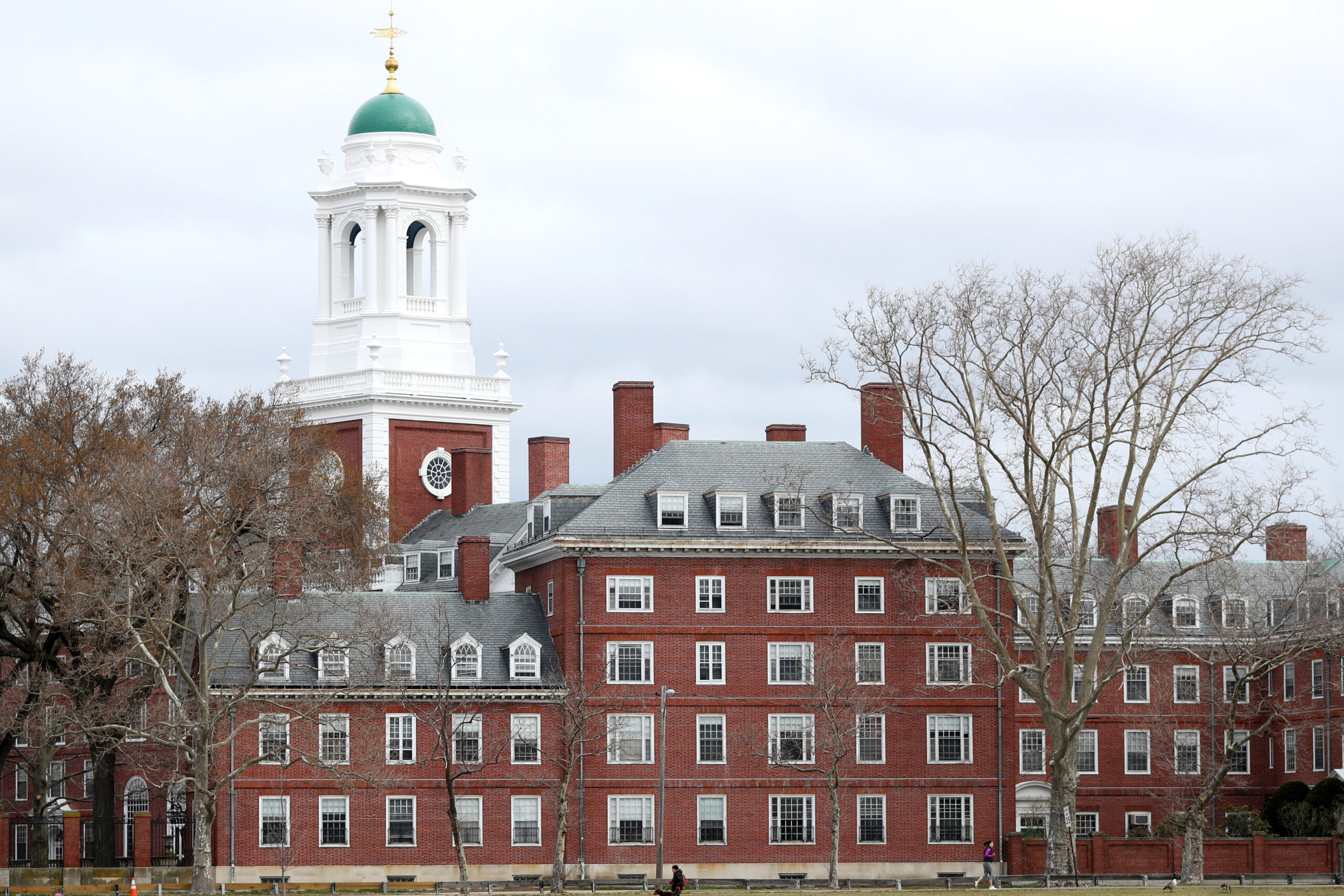
Maddie Meyer/Getty Images
Harvard University and MIT have filed a lawsuit against the U.S. Department of Homeland Security and Immigration and Customs Enforcement (ICE) in an attempt to stop their new rule requiring international students to either transfer to another institution or leave the country if their school offers its courses entirely online in the fall.
The suit, filed in the U.S. District Court in Boston on Wednesday, is seeking a temporary restraining order against the new rule — citing the health and safety risks of the global pandemic and claiming that ICE’s decision aims to force universities to open in the fall.
“The ability to provide remote education during the pandemic is of paramount importance to universities across the country,” the lawsuit states. “For many students, returning to their home countries to participate in online instruction is impossible, impracticable, prohibitively expensive, and/or dangerous.”
The suit comes shortly after Harvard announced they would hold all courses online for the 2020-2021 academic year while housing no more than 40 percent of their undergraduates.
“The order came down without notice—its cruelty surpassed only by its recklessness,” Harvard President Lawrence Bacow wrote in a statement announcing the lawsuit. MIT President L. Rafael Reif additionally wrote, “The announcement disrupts our international students’ lives and jeopardizes their academic and research pursuits.”
“ICE’s decision reflects an effort by the federal government to force universities to reopen in-person classes, which would require housing students in densely packed residential halls,” the lawsuit states. “The effect—and perhaps even the goal—is to create as much chaos for universities and international students as possible.”
Columbia University has also promised to protect all international students, faculty and staff, in an email to students obtained by Mediaite.
“The destructive and indefensible purpose driving these policies is by now all too familiar, as is the resulting damage to the nation’s academic institutions. I will not belabor these points, beyond calling on all of us to remain focused on the ways in which punitive immigration policies severely disrupt and cause enormous harm to the lives of the international students who are part of our Columbia family,” wrote Columbia President Lee C. Bollinger.
The email later detailed a three-step plan that included one credit global courses that all international students could register for to ensure they could stay in the U.S. come fall semester:
First, as the University and each of our deans continue to make decisions about the structure of course offerings for the coming academic year, we must endeavor to configure hybrid classes providing in-person and remote learning options that alleviate the negative effect of these new regulations on Columbia students; we want our international students to be able to complete their studies here, if at all possible. Second, for the large community of international students who cannot come to Columbia because of the pandemic, we will be adapting our network of Columbia Global Centers and creating Pop-Up Global Centers in new locations to provide in-person academic and peer engagement. And, third, as I stated last week, we must continue to vigorously oppose immigration policies that damage Columbia, higher education, the national interest, and the international students, researchers, and faculty who immeasurably enrich our institution and the intellectual and personal experiences of each of us.






